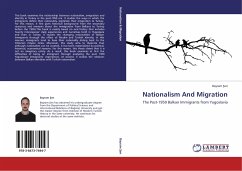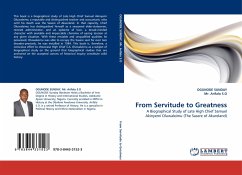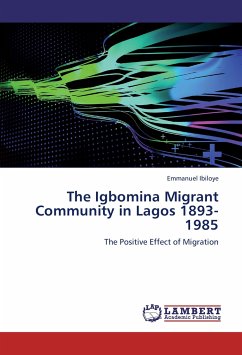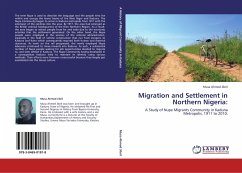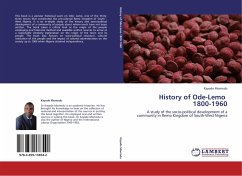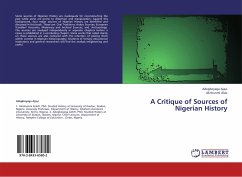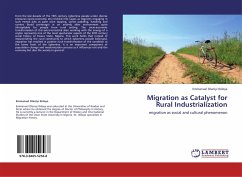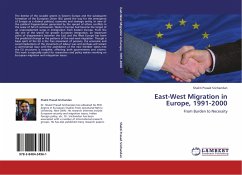This book examines the relationship between nationalism, emigration and identity in Turkey in the post-1950 era. It studies the ways in which the immigrants define their nationality, legitimize their emigration to Turkey. For this reason, it first gives historical background from the secondary resources and memoirs about the immigration from Balkans to Turkey before the 1950s.This book is mainly based on oral history that includes twenty interviewees daily experiences and narratives both in Yugoslavia and then in Turkey. It studies the changing nationalities of Balkan immigrants through the effect of Muslim and Turkish identity. In this manner, immigrants tend to base their nationality dating back to the Ottoman Empire times. Moreover, this study aims to illustrate that although nationalism can be created, it has been materialized by political, historical, economical reasons. For this reason, this thesis claims that it is not an imaginary entity. As a result, this book examines at first the difficulties of being an immigrant through analyzing the post 1950 Yugoslavian immigrants experiences. At second, it studies the relations between Balkan identities with Turkish nationalism.
Hinweis: Dieser Artikel kann nur an eine deutsche Lieferadresse ausgeliefert werden.
Hinweis: Dieser Artikel kann nur an eine deutsche Lieferadresse ausgeliefert werden.

